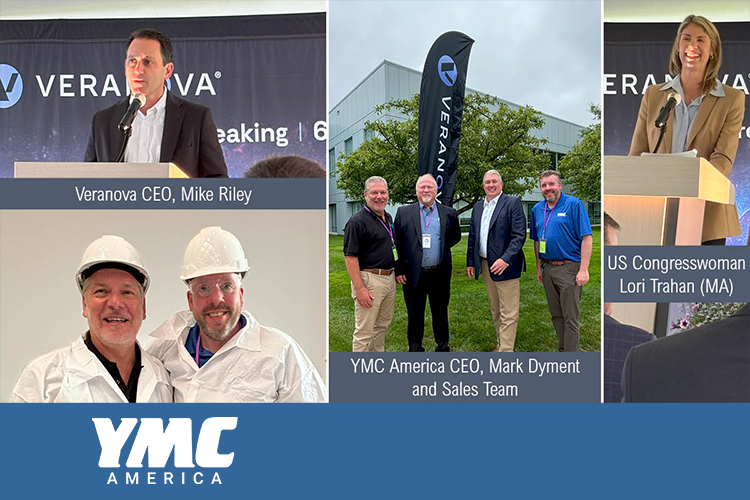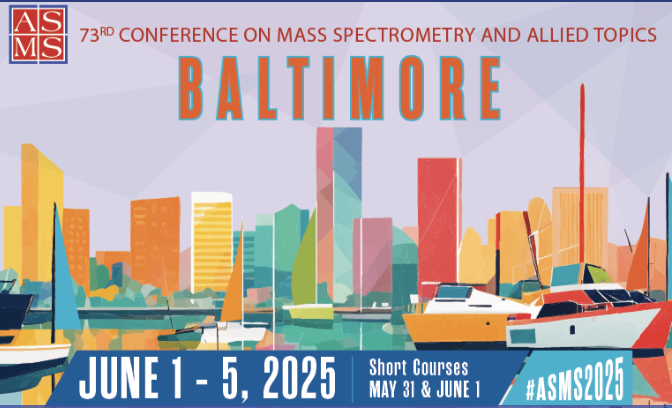YMC-Triart Bio Phases are featured in a Q&A with LCGC magazine
As a visitor to our website, you probably already know about YMC-Triart – our family of reversed-phase stationary phases based on a chemically and mechanically stable organic/inorganic hybrid silica.
Recently, we collaborated with the publishers of LCGC Magazine to produce an LCGC “Q&A,” in which we discuss biomolecule applications using the YMC-Triart series of wide-pore phases.
The Q&A is primarily focused on the challenges involved in the large scale purification of insulin. Additionally, applications involving mAbs, peptides, and proteins are discussed. All, of course, are relatively large molecules. Molecular size, commonly expressed as molecular weight (mW), presents a specific challenge for typical reversed-phase stationary phases.
A key point made in the Q&A is that since separation occurs in the pores of the packing material at the ligand (i.e., surface chemistry modification, such as C4, C8, or C18), a phase with larger pores will produce better results with larger molecules such as insulin, peptides, antibodies, and proteins. The explanation is simple: if the molecule is too large to enter the pore consistently, it won’t be reproducibly retained by the phase.
It’s not unlike, but at the same time completely different from, the phenomenon of steric exclusion in size exclusion chromatography.
Conventional reversed-phase stationary phases – including many hybrid phases (such as YMC-Triart) – are based on silica (or hybrid silica) with a pore size of 120 Å. Conventional phases perform well with small molecules, but large molecules are a different story. YMC-Triart Bio phases are based on hybrid particles with a pore size of 200 Å (C8) or 300 Å (C4, C18). Larger pore sizes allow a more consistent interaction of large target molecules with the chemistry of the ligand, leading to improved resolution and smaller fraction volumes.
There is pressure on insulin producers to reduce costs without a negative impact on safety or product quality. The Q&A discusses the benefits of combining high resolution and high phase durability (i.e., useful lifetime) – at manufacturing scale – to realize cost savings. The Q&A was conducted with Takashi Sato, our product specialist at YMC Co., Ltd. Mr. Sato included as one of his points the fact that YMC-Triart tolerates extreme alkaline conditions, making it suitable for alkaline cleaning in place (CIP) procedures.
With regard to insulin production, crude insulin typically has highly adsorptive impurities. Alkaline cleaning of the stationary phase, therefore, improves the performance of the chromatography. YMC-Triart phases, under such cleaning conditions, can provide a 10x longer lifetime compared to conventional silica gels (depending on conditions used). Better chromatography and longer life are a win-win for YMC-Triart.
Insulin purification is well suited to the use of YMC-Triart Prep Bio 200 C8 with a pore size of 200 Å. Applications involving antibodies and proteins on YMC-Triart Bio C4 and YMC-Triart Bio C18 are also discussed.
Read the entire Q&A. Contact us for a copy by calling (888) 341-8380 or emailing info@ymcamerica.com. Shop for UHPLC columns and analytical columns online today!
Related Posts

June 23, 2025
YMC Attends Veranova Groundbreaking!

May 28, 2025
Visit Us at ASMS!

May 22, 2025
